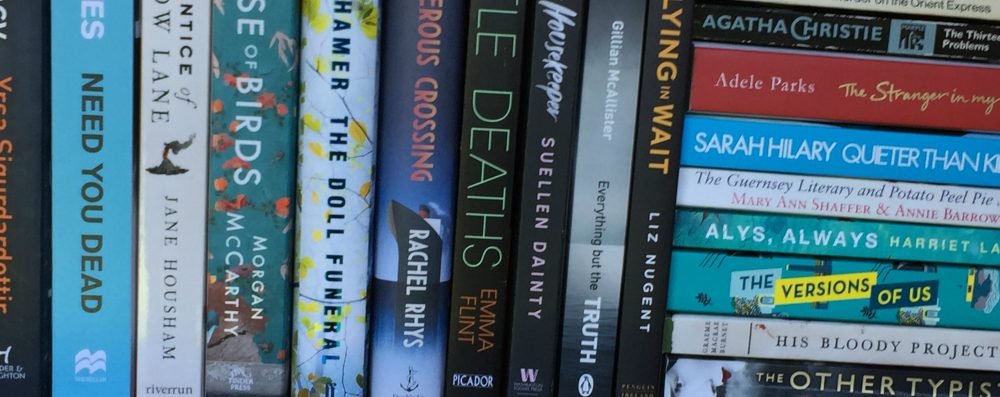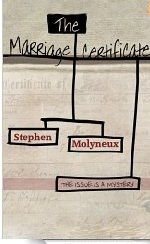
5*s
For those of us who have done some research into our family trees it is often harder if you are born into the more common class, that of the common people. Alison Light had little idea beyond a few stories passed down about her grandparents when she embarked on her own project which was initially to find the grave of her grandmother who had died when her father was just a small child. The search was prompted by her father’s ill health and this initial search led her to wonder about her ancestors and what place they had in the world.
The author, like the majority of us I suspect, had no nobility or infamous people to seek out. She had some tales which hinted at better things, but nothing concrete and of course some of the historical research she undertook disproved the little she thought she knew. What she did find was the dates and places for the key events in a life; birth marriage and death. The beauty being that as a historian those snapshots in addition to some census records, enabled her to delve into the life of people as wide ranging as a needle maker who worked from home and a kitchen assistant on a ship.
Alison Light does a fantastic job of illustrating just how precarious life was for those who were common people when the death of a man could mean absolute devastation for a wife with young children with no family to support her. Even those with family were not immune these people living hand to mouth anyway making a living from seasonal work as and when they could find it. Not so very different from the zero hours contracts that we hear so much about nowadays!
Not only does the author give us a good picture of the lifestyle of those working class men and women, she also gives us an insight into the areas they lived in and how this did influence the type of work they did, none more so than towards the end of the book when she describes Portsmouth from her own childhood back in time when this was an important port for both the Merchant and Military Navy. In turn the neighbourhood in the wider sense is altered due to the absence of all the men who worked at sea leaving more of the dockside jobs to the older men but on the whole leaving a neighbourhood dominated by the women except when the men returned from their voyages.
Alison Light’s paternal family were on the whole staunch Baptists and the link between this church and the politics of the working class is knowledgeably explained. I had no idea of quite how closely entwined the pairing of the non-conformists and politics were although I could see the appeal of being preached to by a man from within your own community rather than the educated churchmen who played the same role in the Church of England.
There are inevitably sad stories from times when poverty, not only individual, but of entire areas meant that death was far more part of daily life, the lack of clean water and so many families living on top of one another meant that diseases like Tuberculosis spread unfettered. One of the saddest tales was that of a woman born into the workhouse, orphaned soon afterwards and who died decades later in the local asylum. However, the author is quick to remind us that as tempting as it is as family historians to get fixate on the death of an ancestor, it is the life they lead between the certificates that is far more enlightening.
Common People is the type of history I most enjoy, brilliantly researched and informative touching on the social lives of many of our ancestors but also acknowledging how important tracing our own families are to make sense of our place in the world. This is a book jam-packed full of details which informs and entertains throughout.
Common People is the tenth book I’ve read for my Mount TBR Challenge 2018 having been purchased in August 2017 so I gain another third of a book token! That’s three and one third books earned!
First Published UK: 2017
Publisher: Penguin
No of Pages: 356
Genre: Non-Fiction
Amazon UK
Amazon US









